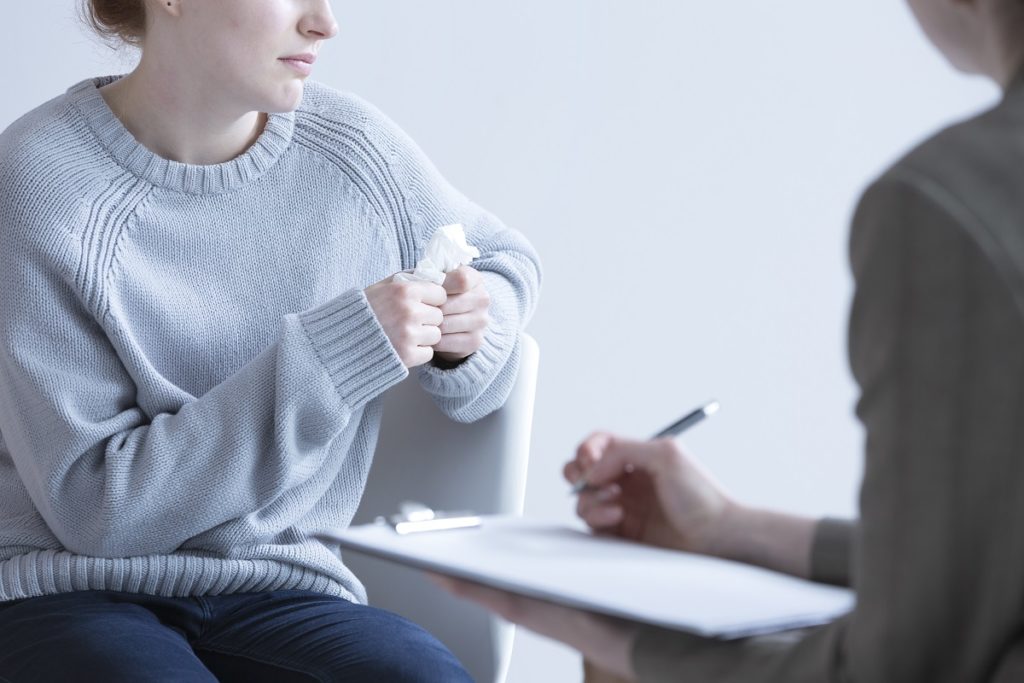Disclaimer: This website provides health information for educational purposes only and is not a substitute for professional medical advice, diagnosis, or treatment. Always seek the guidance of a qualified healthcare provider with any questions you may have.
It started in March 2020, when the lockdowns began and countless netizens discovered the “Two-week Shred Challenge” and other trending workout challenges on Youtube. People initially took the challenges to “glow-up” during the quarantine, but ultimately, many decided to work out for the long-term, because it will boost their immune system and thus reduce their risk for COVID-19.
However, not all effects of the pandemic regarding people’s health habits were good. Since health protocols restricted travel, many people were forced to postpone their scheduled doctor’s appointments. While those undertakings were considered essential, the stress it entailed, not to mention the risks, impeded many patients.
Consumers Refrained From Getting Healthcare
Though people became more concerned about their health during the pandemic, they were also worried about their wallets. PwC’s Health Research Institute (HRI) surveyed 2,533 Americans between April 2 and 8 last year and found that 32% planned to adjust their healthcare spending as a result of COVID-19. 78% admitted to skipping at least one healthcare visit, such as a maintenance visit for a chronic condition, elective procedure, or lab tests or screenings. 30%, meanwhile, predicted that their healthcare expenses will blow up.
Regarding medications, 52% of consumers who regularly take medications reported worrying about getting their prescription drugs amid the pandemic, while 17% experienced delays. 22% stated also planning to adjust their spending on medications.
On the brighter side, 42% were willing to spend more, but on the flip side, 22% would “stretch” or save money on medications by decreasing their doses. Even worse, 9% confessed planning to stop taking their medications altogether to save money.
Needless to say, refraining from receiving the necessary healthcare can have negative long-term consequences. But we can’t blame the consumers, because it is the healthcare system’s job to build trust with their consumers. If unemployed or low-income consumers received assistance in securing affordable health insurance, perhaps they’d be more confident in availing healthcare during the pandemic.
People With Autoimmune Disorders Had Increased Fears
Autoimmune disorders are conditions that make your body attack your normal body tissues. These include thyroid problems or diseases, Celiac disease, lupus, multiple sclerosis, and Type 1 diabetes. To treat an autoimmune disorder, you’d have to take a drug that would suppress your immune system.
People who take these medications are immunocompromised. Their weaker immune systems have a harder time battling infections. Fortunately, they retain their ability to recover from a viral disease.
Plus, while their risks for catching COVID-19 could be higher, research doesn’t indicate that they’d contract a more severe, or potentially fatal infection. One Italian study compared the effects of COVID-19 on a patient with lupus to another one without it. The findings suggested no difference between the two patients’ symptom duration, length of hospital stay, or likelihood of dying.
Similarly, there is no indication that Hashimoto’s disease patients are at a greater risk for contracting COVID-19 or contracting a more severe infection from it. Therefore, if you have an autoimmune disorder, just continue your medications as usual, and there’s nothing to fear.
People Exercised More
Aside from partaking in workout challenges, people also walked and ran more, and in fact considered those two their top exercise options. According to the fourth annual UnitedHealthcare Wellness Checkup survey, 68% reported that walking has been their top workout of choice during the pandemic, and 28% chose running. Body-weight exercises (23%), cycling (21%), and at-home weight-training (18%) also topped the list of workout options.
More People Planned to Get the Flu Shot
Before COVID-19, vaccinations were somewhat controversial, with public figures like Kat Von D declaring that she would raise her children vegan and without vaccinations. Naturally, this declaration sparked a debate between pro-vaxxers and anti-vaxxers.
But during the pandemic, a vaccine was probably the most in-demand product in the whole world. In UnitedHealthcare’s survey, 30% of respondents stated that they’re more likely to get their annual flu shots. While this particular vaccination won’t prevent COVID-19, it would prevent certain strains of flu that may come with complications, some of which may be similar to COVID-19’s.
Some People’s Diets Worsened
Unsurprisingly, some people consumed more junk food as a result of staying home. If you did the same, get inspiration to improve your diet and eat cleaner. You may have stayed healthy last year, but there’s no guarantee that you’ll stay the same this year. If we’ve learned something important during the pandemic, it is that life is truly unpredictable; one day we’re healthy, and the next, we could be not.
Even in 2021, we are still feeling the impact of COVID-19. We still observe the habits we’ve acquired from last year, and despite the availability of a vaccine, we won’t likely stop wearing masks anytime soon.
We will also keep practicing social distancing and avoiding huge gatherings. Simply put, “normal” is far from our grasp yet, and we’d have to put with the new normal for months on end, at least. But on a positive note, the pandemic has taught us to value our health more and to change our unhealthy habits.
